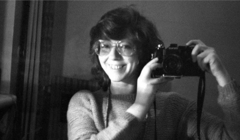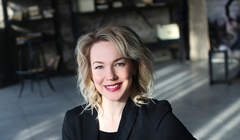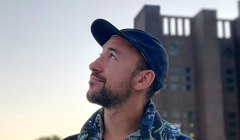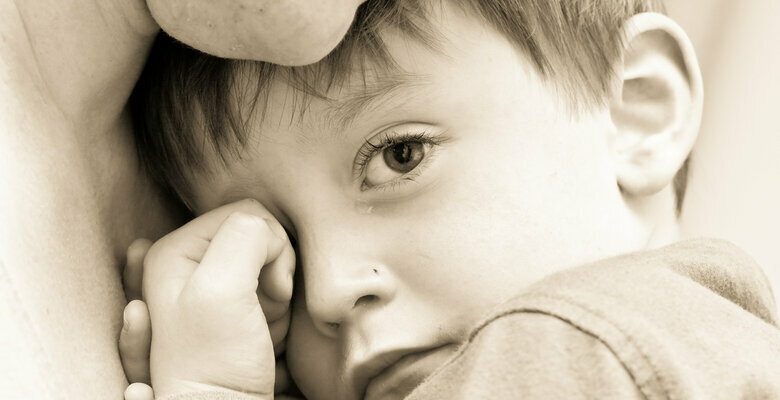
In late February and early March 2022, the UK and the European Union agreed on sanctions against Russia. Among them are the closure of their airspace to Russian aviation and the removal of Russian banks from the SWIFT payment system. The authorities said the measures were aimed primarily at Russian officials and oligarchs close to Vladimir Putin. Nevertheless, ordinary people are now suffering as a result. The parents of seriously ill children cannot travel to clinics in Europe or transfer money abroad to pay for vital operations. Although state bodies may remain indifferent to the suffering of these families, ordinary people, both in Britain and in Russia, are making efforts to help those who are the most vulnerable and helpless of all - children.
How have the sanctions affected the work of charities? What difficulties do the parents of children with disabilities face in this new reality? Kommersant UK tells the story of the sick children whose lives and health are at stake, for whom we all have a collective responsibility.
Anna Gillings-Mozhutina, fundraising consultant, former director of the Gift of Life Foundation, London:
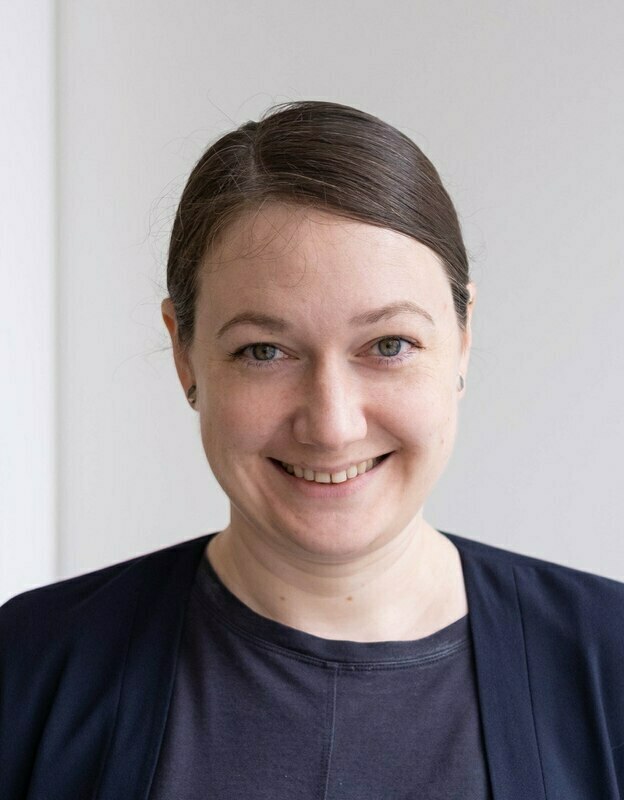
Sanctions have affected non-profit organisations associated with Russia in different ways, so it’s difficult to make generalisations. The Gift of Life fund, for example, has a dual structure; there is a British charity called Gift of Life and there is a Russian foundation, called Podari Zhizn. The British charity helps the Russian one by raising funds for some of its programmes. In particular, it provides children who have cancer with life-saving medicines that are not available in Russia. The sanctions have not directly impacted Gift of Life's operations, but we have experienced significant difficulties in collecting donations.
We’ve seen a tremendous reaction to the humanitarian catastrophe in Ukraine from many of our regular benefactors from countries of the former Soviet Union, people who have been helping us over the course of the last 11 years. For obvious reasons, members of this community are now concentrating all their efforts on helping refugees. Also, all previously planned fundraising events have been cancelled, including the foundation's birthday, for which our large-scale volunteer fundraising campaign traditionally raises a significant amount.
As for our assistance to the Podari Zhizn Foundation, the first difficulty we encountered was logistical problems with the supply of medicines. About 80% of Gift of Life’s budget goes on the purchase in Europe of medicines that are either not registered in Russia or temporarily unavailable there. We can’t just take these medicines to Russia in hand luggage, as can be done with items such as documents, because they require special storage conditions during transportation. When DHL announced that it would stop delivering goods to Russia, this was a serious blow for us. Fortunately, Podari Zhizn staff have already managed to find a work around. Despite the fact that DHL no longer carries out commercial deliveries, they have taken the decision to continue working with humanitarian cargo. This gives a chance to the many children under the care of the Podari Zhizn Foundation. We are very grateful to DHL, because time is paramount when working with the children with complex diagnoses for whom these medicines are intended. Sometimes every day, or even hour, is critical.
Our sister fund in Russia lost a significant part of its income after the departure from the country of Apple Pay and PayPal Russia. Many people had used these services make monthly donations by direct debit. Now we’re trying to explain to charity givers outside of Russia that their money will get through to Podari Zhizn if they make payments to Gift of Life in the UK; it’s all for the same cause. The importance of Gift of Life is growing, as both the price of medicines and delivery costs are rising. In order to not just maintain medical delivery levels, but to actually increase the volumes that we provide, we need the financial support of our donors like never before. You can support our fund here.
Ekaterina Barinova, a lawyer from Moscow, has worked for over 15 years in various charities that help children in Russia:
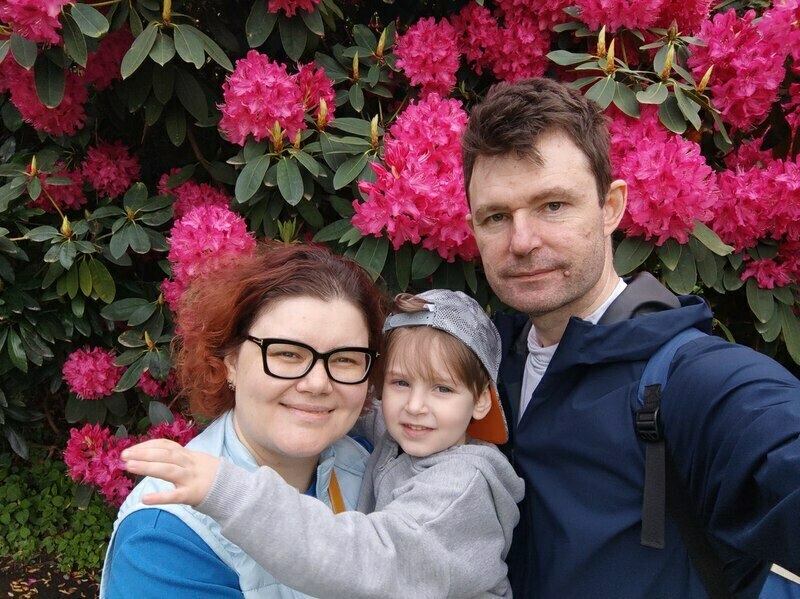
We arrived in Britain last August to do an operation on our son Severyan. He’s four and a half now. He was a healthy boy until he turned one, but then he was diagnosed with bladder cancer. He had treatment for a long time, and by February 2021 they discharged him from the clinic, but then he developed problems with his kidneys that rapidly got worse. It turned out that Severyan needed an operation. This type of surgery is very rarely done in Russia, but in London there is doctor Imran Mushtaq, one of the most famous urologists in the world, who does them regularly. The procedure that they did to Seva is called a mitrofanoff appendicovesicostomy. He got a new bladder made from a piece of intestine using the appendix as a stoma. The cost of the intervention was 7 million roubles [over £95,000] We raised the funds on social media. One operation should have been enough, but, unfortunately, our son’s health had been greatly weakened by all the cancer treatment, so there were complications. That’s why we had to extend our stay in Britain.
Over all the months we have been here we haven’t encountered any Russophobia or discrimination, quite the opposite; everyone has been very kind to us. Because our child’s treatment has required a lot more time, effort and money than we’d expected, from time to time we have to raise funds for examinations and to pay for medical materials. The London Russian-speaking community helps us a lot, not only with donations, they’ve also helped us a lot in all kinds of practical situations that have come up. On 10 March our visas were extended. Everything was done within the official deadlines and without infringing on our rights. However, the actions taken by various governments in response to the armed conflict in Ukraine have made it difficult for us to receive donations from Russia and other countries, despite the fact that we’re not oligarchs and we’re not rich, we’re just an ordinary family who have come to Britain to get treatment for our child. None of our Russian cards work here, also our PayPal and Wise accounts have been blocked. But we’re here as private patients of the clinic, so we’re always having to make all kinds of different payments. It’s a very difficult situation, we’ve already lost a significant part of our savings due to the many commission fees we’ve had to pay. A portion of the money has been frozen in European banks. It took us ages to find it, and then we tried to get it back for a month and a half. At first the banks told us they couldn’t find the funds, then they said it was impossible to either transfer it to Britain or return it to a Russian account. This money was sent before the sanctions were introduced on February 24. All in all, this blocking of cards and payment system accounts, along with what’s happened to Facebook and Instagram, which are now blocked in Russia, makes fundraising for treatment a pretty much hopeless business. I live in constant fear that we just won’t manage to scrape enough cash together and we won’t be able to pay for something on time.
Considering this new reality, there is another problem, which is how and where we should live to ensure Seva has access to qualified medical help, modern medicine and medical materials, so that his stoma is cared for. The border closures and other sanctions have disrupted supplies of medicines and medical materials in Russia and some of them are now simply impossible to buy. People returning to Russia from abroad used to take these things with them, but now it’s hard to find anyone who can even transport documents, so I can’t imagine how bulky, mixed cargos can be sent to Russia in these conditions. Also, the situation with flights is so difficult that it would be impossible to quickly leave Russia and receive medical treatment in a foreign clinic, and this is critical for Seva. This is why the question has come up of leaving Russia and, consequently, of finding work abroad. Seva’s Daddy is looking for work in Europe and all over the world. Fedor is an engineer and designer of surveillance and security camera systems. Of course, all of his experience is in Russia and he’ll have to retrain and get new certificates. But now he’s ready to work in any position. Seva’s treatment requires a lot of funds and as well as Seva, we have another two children (our older son is sixteen and our daughter is eleven). Their needs are just as important as their younger brother’s treatment. It’s a very difficult situation, both financially and emotionally. Fate has thrown the five of us from country to country, and for us to get sorted out will be yet another quest.
My husband has sent his CV to dozens of companies. Before, they used to invite him to interviews, but since the conflict started, he hasn’t had one response. We’ve no idea what to do when the visas run out. Going home is a huge risk. Maybe we won’t be able to come back again to see British doctors, when you consider the difficulties Russians are encountering in getting British visas. It is gradually becoming more difficult to get an EU visa too.
Rasia Babushkina, from the village of Karakoksha in the Altai Republic (Southern Siberia):
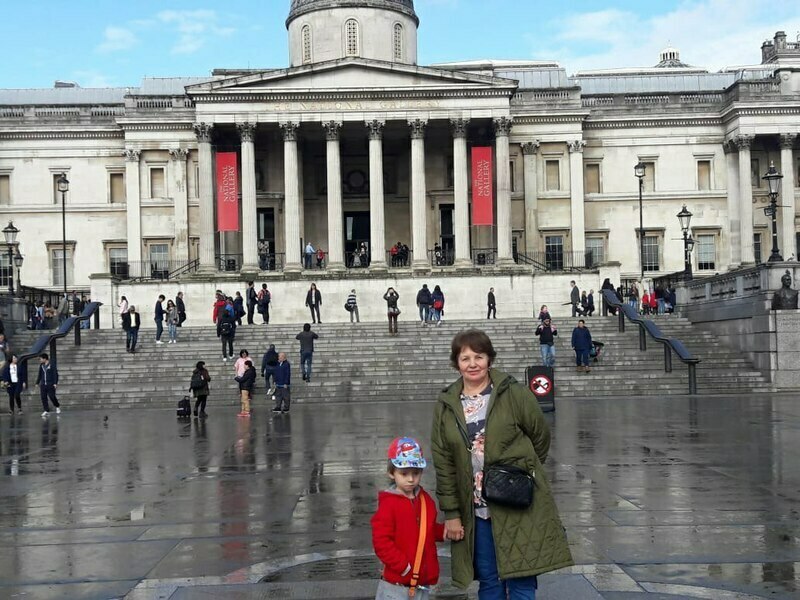
My grandson Sergei (eight) urgently needs to go to the clinic in London where he had reconstructive surgery on his bladder in 2019. Before that, he’d already had several operations in Russian clinics as well as a colostomy. After the operation there were complications, and four months later, we had to fly to Britain for a repeat procedure. They did a second operation in 2020. A year later, in 2021, we were supposed to go back to the clinic in London but we weren’t able to travel. Serezha was ill for almost half a year, he had a temperature of about 40 degrees (over 100 °F). In February of this year we received an urgent summons from the clinic, they wanted us to bring Sergei immediately. However, because it took us time to raise money for the journey, we only applied for visas on the 23rd of February. At the time they told us that the maximum processing time was six weeks, but because of the urgency of our case we’d get ours quicker. Despite this, it’s been three months now and we still haven’t received the visas. Before we used to get them within a fortnight. We’ve also encountered difficulties planning our journey. We live in the Republic of Altai [in Southern Siberia]. We used to fly to Barnaul [a regional hub], from there to Moscow and from the capital we’d get a direct flight to Heathrow. The journey used to take about two days. Now, since the introduction of sanctions, there are no direct flights, so we’ll have to work out how to get to the clinic. Of course, all of this will only be possible after they have given us visas…
We all hope it’ll turn out well. I’d like to thank Pomoshch (a Russian-language online group in London) for the support they’ve been giving us.
Ekaterina Korol, Samara:
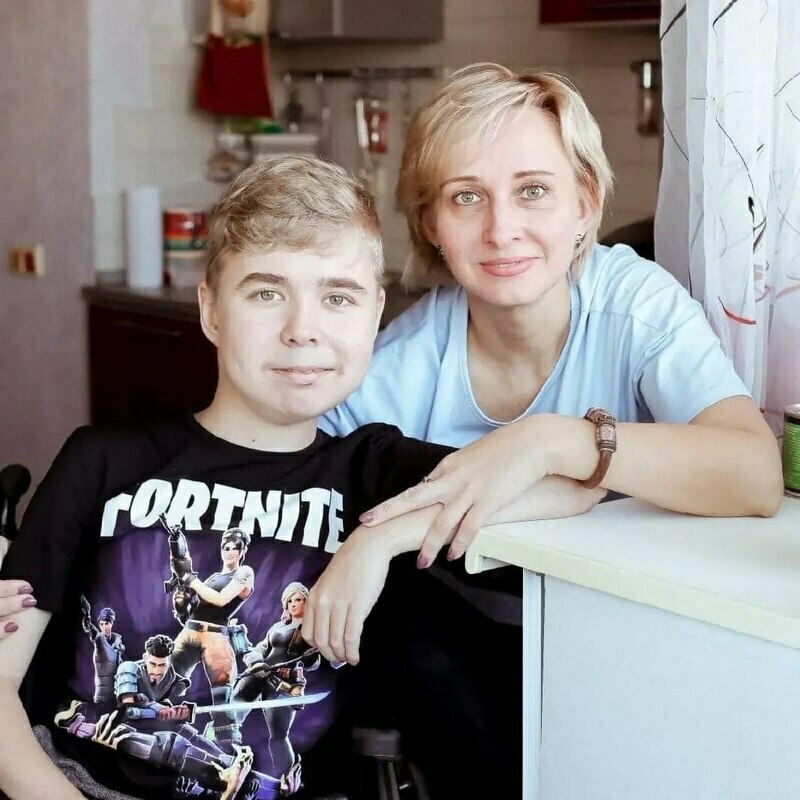
Ekaterina’s son, Alexandr, sixteen, has been diagnosed with Duchenne muscular dystrophy.
In December 2021, my son and I were at a consultation at the Orton clinic in Finland. They approved our operation and stated its cost, which was €44,571 [£38,100]. As the operation was to take place abroad, Russian charities couldn’t help me. So, after we’d returned to Russia I decided to raise the money from social media and from friends. This March we finished fundraising, and I transferred the money to the clinic’s account in two seperate payments. On 18 March, the money was paid onto an account at Danske Bank in Finland, but the funds didn’t reach the clinic. I called the medical facility to find out why and they told me that the bank had requested information about the patient’s identity and origin as well as what operation they required. The doctors gave the bank all the information, and stated that the child had been disabled all his life. Ten days later (as we eventually found out), the bank answered that the money would not be paid into the clinic’s account, instead it would be returned to the sender. On 12 April I received a document from the bank telling me that the money would be returned in two payments, as I had sent them from Russia via two different banks; Tinkoff and Solidarnost’. On 18 April the money arrived on the Solidarnost’ account, but not on the Tinkoff one. It turned out that the funds (around 26 thousand euros, £22,110) were frozen at the American bank JPMorgan, which has an office in Frankfurt-on-Main. Tinkoff bank told me that JPMorgan were categorically refusing to transfer the money to Russia and it was impossible to negotiate with them. On 6 May, by some miracle, the money was transferred. I don’t know who helped me, but I’m very grateful. The operation had initially been scheduled for 20 April, but due to the difficulties making the payment, it was put back to 7 June. Unfortunately we couldn’t make that date either, as the money had to reach the clinic’s account before 30 April. Now they’ve rescheduled the operation in the autumn, but we’re investigating other options. We’ll probably have to do the operation in Russia, because I can’t see a way to transfer the money to Finland…this change of clinic worries me deeply, as we chose where to do the operation very carefully, taking into account the positive experiences of other parents…


